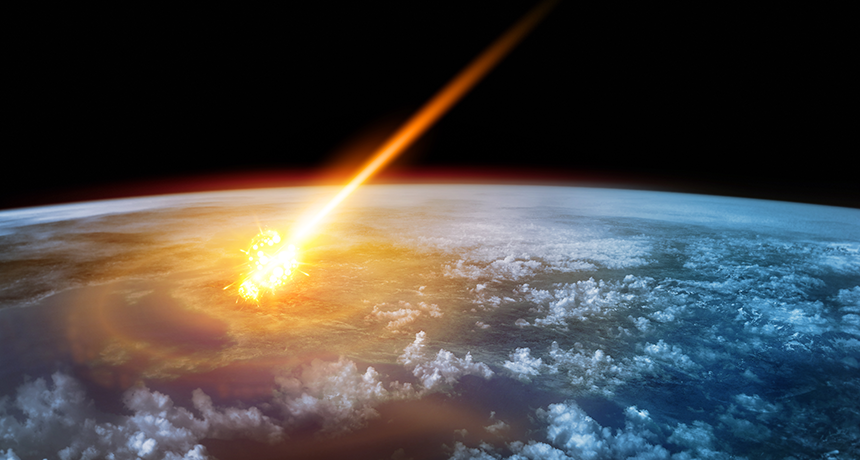Questions for ‘Reliving the last day of the dinosaurs’

A massive asteroid hit the Earth 66 million years ago. The explosive collision rattled the planet and changed its climate. The devastating changes it triggered abruptly wiped out the dinosaurs — and most other living species.
solarseven/iStock/Getty Images Plus